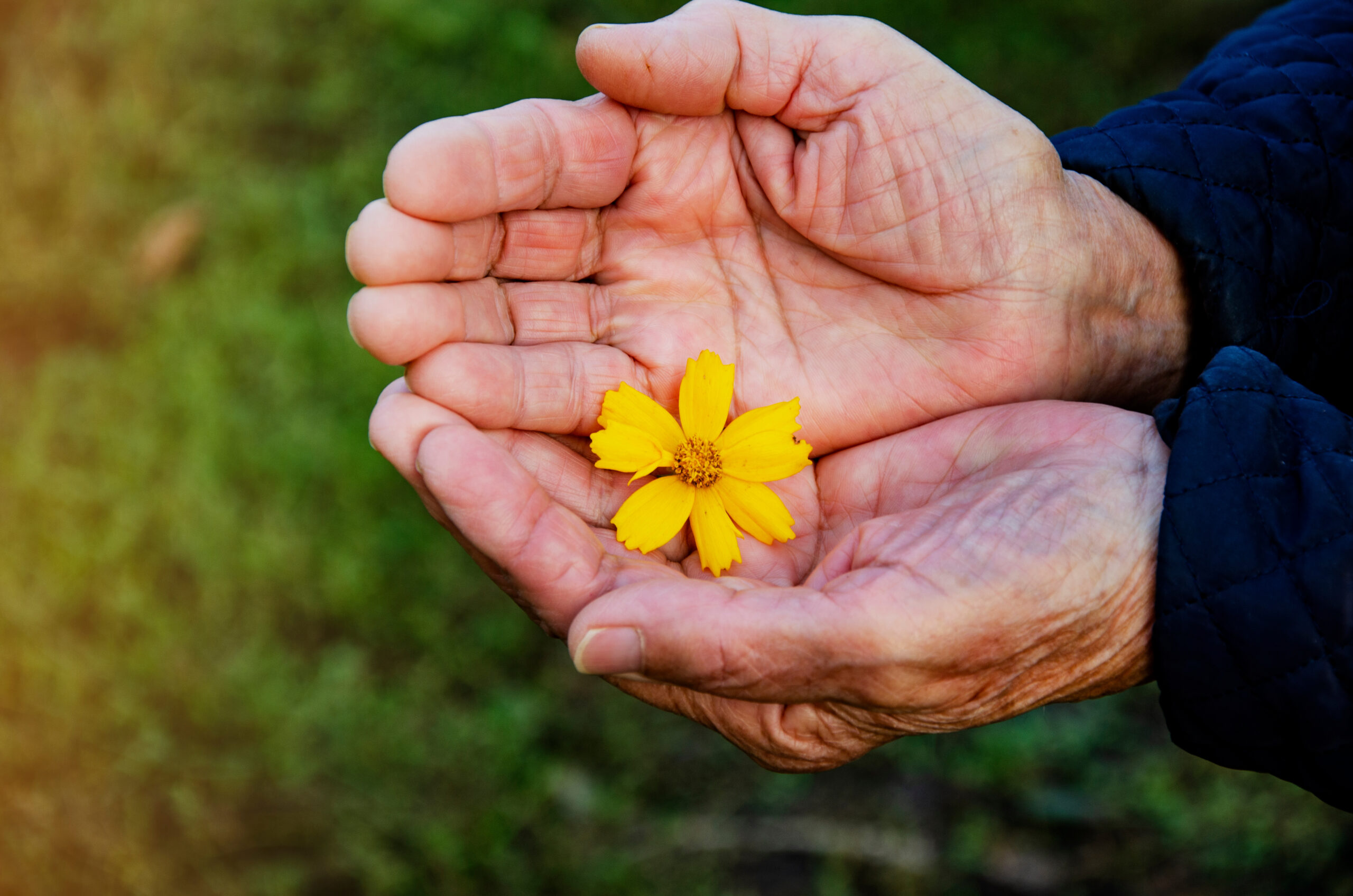Why do some people get more sensitive to hope
Some people seem to feel hope more deeply than others, and understanding why involves looking at how their brains and personalities are wired. Sensitivity to hope is connected to how strongly a person reacts emotionally, especially when it comes to positive expectations or goals.
One key factor is something psychologists call the **Behavioral Activation System (BAS)**. This system in the brain responds to rewards and motivates us toward achieving goals. People with a highly active BAS tend to feel stronger positive emotions like happiness, excitement, and hope when they see opportunities or rewards ahead. They are naturally driven by these cues and often experience bursts of optimism because their brains react intensely to the possibility of good outcomes[4].
On the other hand, some individuals have nervous systems that process emotions more deeply overall. This trait is sometimes linked with high sensitivity or neuroticism—a personality characteristic where people experience feelings like anxiety or sadness more intensely but also can apply similarly for positive feelings such as hope[1]. These people don’t just intellectually understand hopeful situations; they *feel* them in a very vivid way.
Highly sensitive people (HSPs) often pick up on subtle emotional cues around them—whether from other people’s moods or changes in their environment—and this can amplify their emotional responses[5]. Because they process everything so deeply, moments of hope can feel incredibly powerful but also fragile.
Life experiences also shape how sensitive someone becomes over time. Trauma or ongoing stress might increase emotional sensitivity, making hopeful moments stand out even more sharply against difficult backgrounds[1]. For example, someone who has faced hardship may cling tightly to hope because it offers relief from pain.
In today’s world filled with constant challenges—social unrest, environmental crises—people who are naturally empathetic may find themselves overwhelmed by negative news yet still hold onto hope passionately as a form of motivation for change[2]. Their sensitivity makes them vulnerable but also fuels their desire for better outcomes.
In summary:
– People with an active Behavioral Activation System respond strongly to reward signals and thus feel intense hope.
– High emotional sensitivity means feeling all emotions—including hopeful ones—more deeply.
– Genetics partly determine this sensitivity; life experiences can increase it.
– Highly sensitive individuals notice subtle cues around them that heighten emotional reactions.
– Hope feels especially meaningful for those who have endured hardship.
This combination explains why some folks get more sensitive about hope—they simply experience its promise on a much deeper level than most others do.





